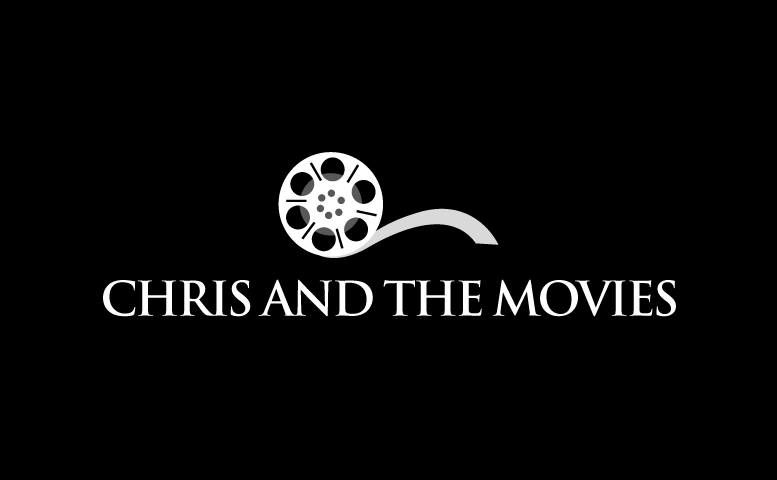 None of the Harry Potter films are finer than the second installment, “Harry Potter and the Chamber of Secrets.” It is in this film, Chris Columbus’s second and final as the director of the series, that there was an absolute perfect balance of magic, innocence, and darkness. Some of the Harry Potter films before and since were too childish (like “Harry Potter and the Sorcerer’s Stone,” the first) or too dark and/or boring (like “Harry Potter and the Half-Blood Prince,” which is, as of early 2010, the most recent). It seems that of the six films so far, it is “Harry Potter and the Prisoner of Azkaban” and “Harry Potter and the Goblet of Fire” that receive the most appreciation. Along with “The Sorcerer’s Stone,” “The Chamber of Secrets” currently receives the lowest ratings of the films on IMDb. Alfonso Cuarón’s “Prisoner of Azkaban” does come a close second to Columbus’s “Chamber of Secrets” in my opinion, and Mike Newell’s “Goblet of Fire” is exciting yet a bit boring (but was elevated due to Ralph Fiennes’s awesome presence as Voldemort). However, “The Chamber of Secrets” still reigns as the most enjoyable and magical of them all.
None of the Harry Potter films are finer than the second installment, “Harry Potter and the Chamber of Secrets.” It is in this film, Chris Columbus’s second and final as the director of the series, that there was an absolute perfect balance of magic, innocence, and darkness. Some of the Harry Potter films before and since were too childish (like “Harry Potter and the Sorcerer’s Stone,” the first) or too dark and/or boring (like “Harry Potter and the Half-Blood Prince,” which is, as of early 2010, the most recent). It seems that of the six films so far, it is “Harry Potter and the Prisoner of Azkaban” and “Harry Potter and the Goblet of Fire” that receive the most appreciation. Along with “The Sorcerer’s Stone,” “The Chamber of Secrets” currently receives the lowest ratings of the films on IMDb. Alfonso Cuarón’s “Prisoner of Azkaban” does come a close second to Columbus’s “Chamber of Secrets” in my opinion, and Mike Newell’s “Goblet of Fire” is exciting yet a bit boring (but was elevated due to Ralph Fiennes’s awesome presence as Voldemort). However, “The Chamber of Secrets” still reigns as the most enjoyable and magical of them all.The film also saw two new great roles—the incompetent and narcissistic professor Gilderoy Lockhart and Draco Malfoy’s (Tom Felton) sinister father Lucious Malfoy—and two great actors to play the roles, Kenneth Branagh and Jason Isaacs as Lockhart and Malfoy respectively. Lockhart is not at first necessarily a bad person, wishing Harry good luck before he duels with Draco. He seems concerned for the children, at least somewhat, and rushes to help Harry when he is injured. Of course, he is probably doing this to benefit his own reputation, and his magic heals Harry’s injury yet simultaneously turns his arm boneless and flabby. “Ah, yes, well, that can sometimes happen,” he explains. “But the point is you can no longer feel any pain and it’s very clear that the bones are no longer broken.” Much in the Potter films are not initially understood, and so Lockhart therefore has a more cunning background as revealed near the climax of the film. Branagh, the man who diligently and meticulously brought “Hamlet” to full life in 1996, looks like he is having unlimited fun. Isaacs as well, who played the villain in “The Patriot” two years before and later the greatest of them all—Captain Hook in “Peter Pan”—is terrific in the film.
The film series, and the world, would have to say goodbye to Richard Harris, who played Professor Dumbledore in the first two Harry Potter films. Harris died only several weeks before the release of “Harry Potter and the Chamber of Secrets,” and there was a profound sense of respect and awe for the late Harris and the aurora of his personality in his final performance. He was replaced for the later films by Michael Gambon.
This film works like a great detective story, with John Williams’ eerie music accompanying a group of spiders that exits the stage as each victim is “petrified.” The events are not clear to Harry or the audience at this point, but students are being petrified, or stunned, by an apparent monster hidden in the secret Chamber of Secrets, which was established by the wizard Salazar Slytherin. Slyhterin believed the school should be more selective of which students were accepted. Because of this, Harry and his friends believe that Malfoy and his family are up to it. Harry also discovers the diary of a Tom Malvo Riddle, and the diary can communicate with him. It visualizes for Harry the mysterious events that took place fifty years ago at Hogwarts. In this episode, Harry sees the mysterious Tom Riddle (Christian Coulson), whose fate is later explained.
Williams’ score demonstrates the master at his best. There is his theme for Dumbledore’s bird, named Fawkes the phoenix, a bird that can literally be reborn from the ashes. Williams was very busy and due to scheduling conflicts was not able to deliver a fully-developed score, so the assistance of William Ross was needed to finish the score and orchestrate it. The post-“Prisoner of Azkaban” films do not feature Williams’ score, though the succeeding composers were able to understand the need to use Williams’ “Hedwig Theme”—so vital to the Harry Potter films. The cinematography by Roger Pratt helps make this a very beautiful film. It is dark when it needs to be and also bright to make sure there is a payoff. Columbus allows everything to be an improvement over the previous film—even the Qudditch match is more entertaining.
“Harry Potter and the Chamber of Secrets” is filmmaking at its best. Films of the fantasy genre often try too hard or simply not hard enough to establish an environment of magic in their films. “Harry Potter and the Chamber of Secrets” finds the total perfect balance, and despite its near-three hour length, there is hardly ever a boring moment or a scene that should have been discarded. What a wonderful film it is.












